Women’s expectations are off. They want men with advanced degrees, but on university campuses, women outnumber their male counterparts. They want men with above-average incomes, but the gender pay gap has been reversed – young women now outearn men. They want men who share their politics, but in almost every western country over the past decade or so, women have slid to the left while men have remained centrist.
This gap is intensified by online echo chambers, where women’s negative dating experiences bounce off each other. Netflix’s drama Adolescence has brought intense political attention to the so-called “manosphere,” which is full of misogynistic rhetoric and swayed by controversial influencers like Andrew Tate. Nobody is talking about its less-alarming parallel, a “womanosphere,” which appears to turn women against men at about the same rate as Tate et al isolate men from women. Politically, it’s much looser than the manosphere – its participants range from Dworkinite radical feminists to progressive businesswomen to conservative homemakers. It has no Tate-esque figurehead and no codified ideology. It hasn’t caused any violent incidents: there are no female equivalent to Elliot Rodger or Plymouth shooter Jake Davison, who murdered women under the influence of online incel rhetoric.
Yet there will be women you know who might already be entrenched in the womanosphere. But we will never see a hard-hitting drama or fear-mongering opinion piece about it. (Female, university-educated TV writers and journalists are more likely than not to be members of the womanosphere). This world is characterized by a semi-joking misandry, as well as dismissive mockery of longstanding manosphere concerns – fathers’ rights, false rape accusations, and chronic romantic rejection.
Womanosphere women talk habitually about their “icks” and “red flags” – the attributes that put them off male partners. A TikTok search for either term surfaces tens of thousands of videos, mostly made by women for a female audience, and ranging in tone from serious advice to comedy. One male influencer has kept a master list of over 800 potential romantic pitfalls, including “walking downhill,” “breathing too hard,” and “getting hit by a slow-moving car.” Such are the absurdities of the loose world of the femcel. Over-confident masculinity is a “red flag,” but so is effeminate sensitivity. The male feminist, whose pro-equality beliefs are seen as a bid for sexual access, is an established trope in the womanosphere; “asking for sexual consent” appears on the list of womanosphere icks, even though it was promoted as a basic standard by online feminists for most of the past decade.
Some women absorb this misandry and still attempt to play the field. Around 260,000 Reddit users are signed up to a community called “FemaleDatingStrategy.” An online handbook emphasizes “The Importance of High Standards” (“There are always more men… you will be better off alone than with someone who does not meet your standards”) and this handbook warns against “Low Value Men,” or “LVMs,” who won’t invest financially and emotionally in a relationship. Women are encouraged to act like professional recruiters, using screening calls to suss out the signs of an LVM before going on a first date.
This is, obviously, part of a trend. People now look for partners on dating apps, the same way doctor’s appointments happen over the phone and poll cards are sent through the post. And much like absurd male standards for women, this shift has done little to get people together. In 2019, a group of researchers found a strong correlation between the rise of online dating apps and a fall in romantic relationships. The apps themselves, they concluded, have influenced the way we judge potential partners: when faced with the illusion of a never-ending selection of matches, online daters become increasingly critical, believing there will always be better people to choose from. But the results of this phenomenon are asymmetrical. Women are more likely than men to fall into what the researchers called a “rejection mindset,” making it hard for them to find satisfactory matches, even if they’re the ones doing the rejection. It seems dating apps are creating a generation, not just of incels, but of femcels.
When you think about it, you’ll realize that dating apps aren’t actually supposed to find you a partner; that wouldn’t be in the financial interest of the Match Group, which owns Tinder, Bumble and Hinge. Their profit models rests on a mixture of optional subscriptions and advertising. What could be worse for such a business than their users finding love and leaving the apps?
Many people have quite reasonably had enough and a new market has popped up for IRL (in real life) singles’ nights. But a recent article has exposed a major issue: men aren’t buying tickets. When you look at the actual events, it isn’t hard to see why. They look like fun hen nights at which you might incidentally bump into lost men. These events come with games and themed cocktails; one company charges £30 a ticket and asks you to fill out a personality questionnaire beforehand. Another cafe tried using Instagram to attract a highly elusive audience: heterosexual male Abba enthusiasts. “Voulez-Vous un fab night out in Camberwell…?” the promoter asked to little avail.
The men of the manosphere are striking out, as we’ve been shown in excruciating detail by the makers of Adolescence. But these men are giving up in response to an insular culture that misunderstands them – and puts women off too. Offline attempts to bridge the gap reveal a preoccupation with the way women socialize with each other and an ignorance of the eternal mechanics of male and female romance. To fix the problems of 21st century dating, the two spheres must interact again. We must sign a pact of mutual understanding. Women, please, for your sake, forgive your date if he gets hit by a slow-moving car.



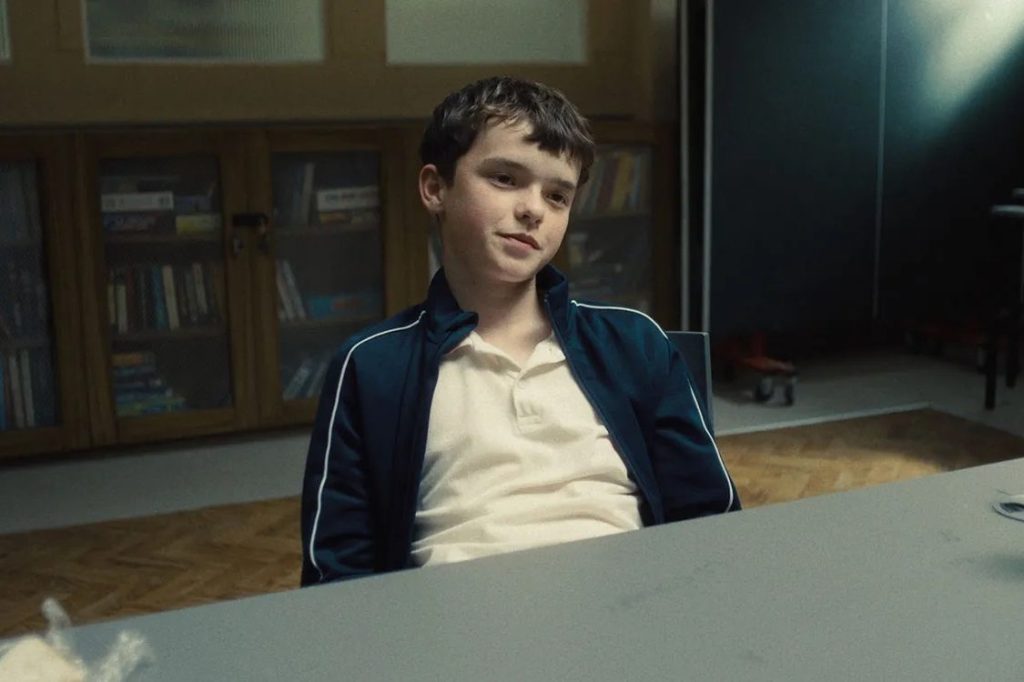







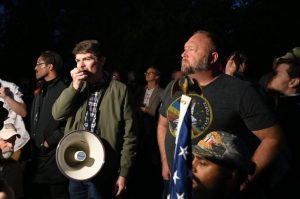

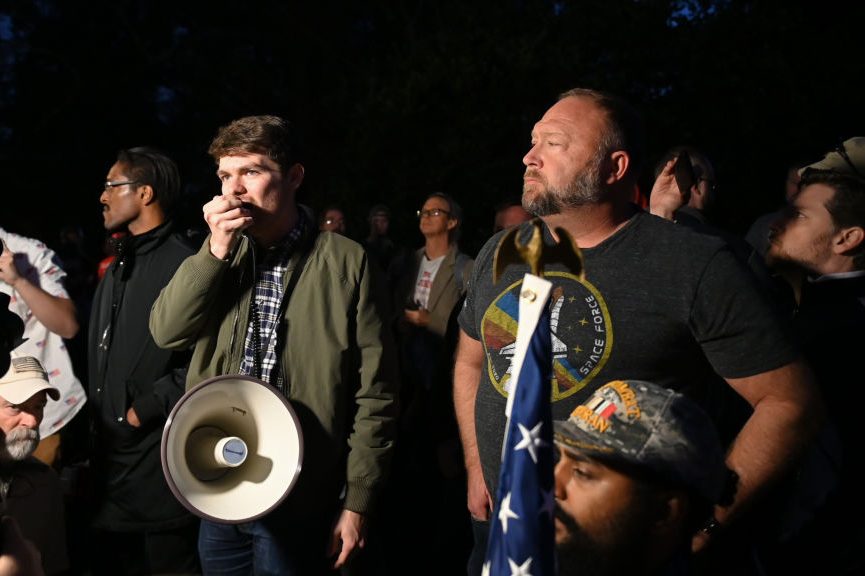
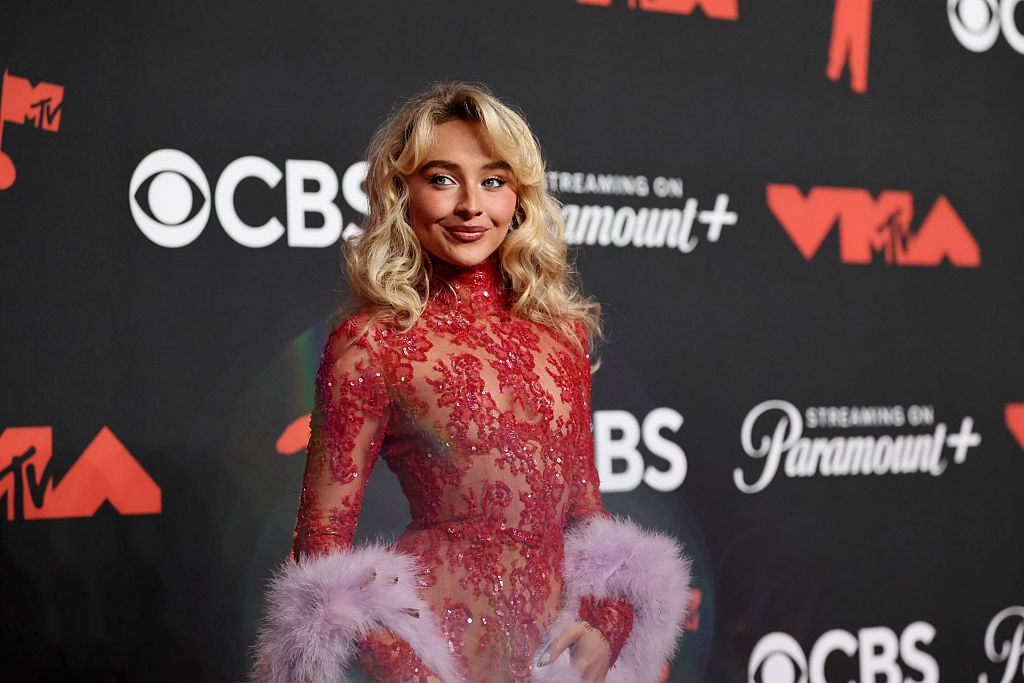

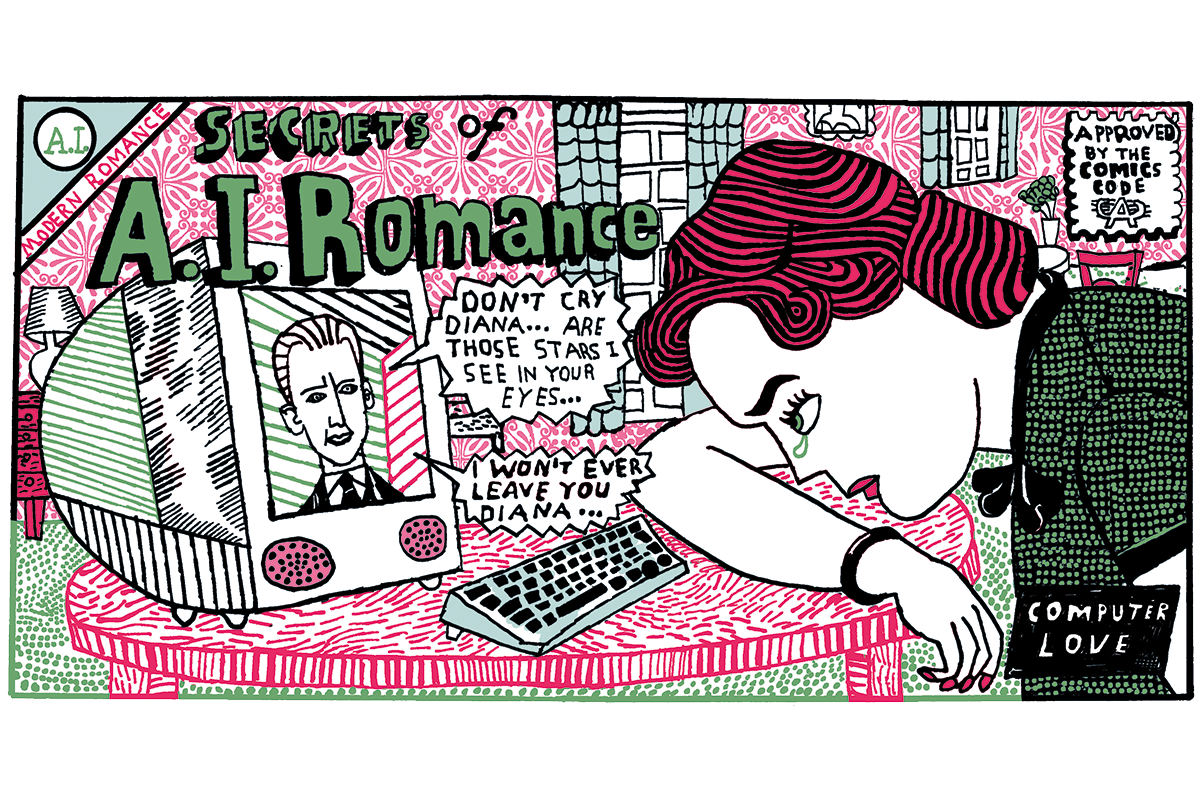
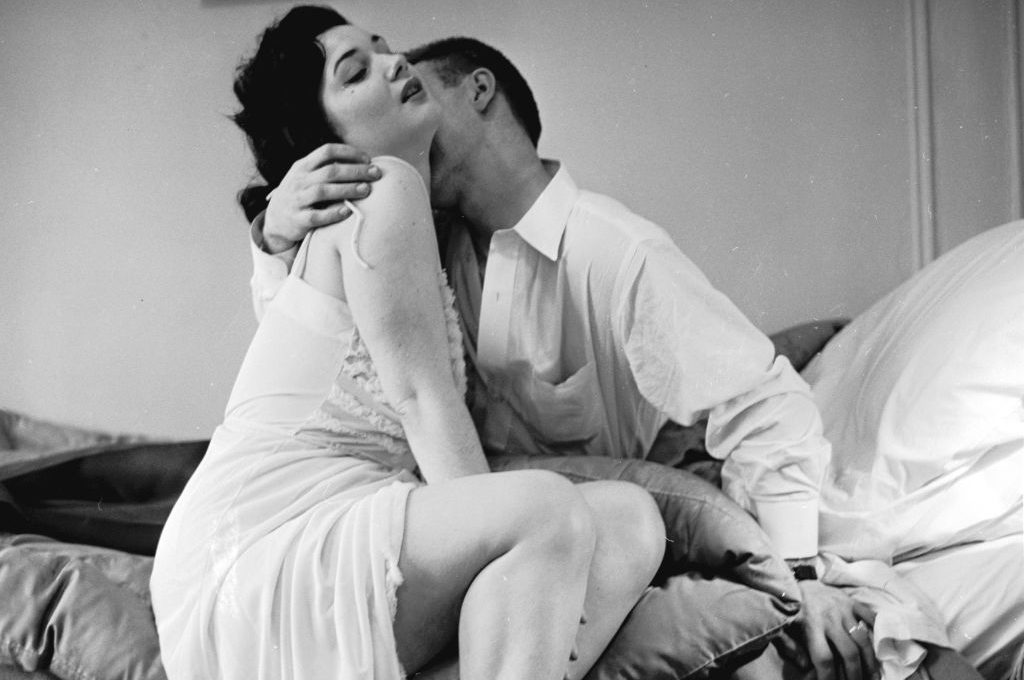








Leave a Reply